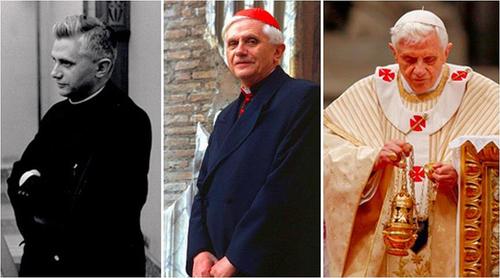One of the things I like about Pope Francis is the common imagery used in his homilies. No long ago he warned of becoming a babysitter church. Today’s Mass at the Domus Sanctae Marthae with members of the Congregation for the Oriental Churches the Holy Father used the biblical –and common– metaphor of salt to speak about faith, hope and charity. Mark’s gospel for Mass today provides a good amount of grist for the mill. Salt helps to savor the faith as much as it opens taste buds to share this faith with others.
I think one of the reasons the Holy Father latched onto the use of the image of salt is basic encouragement of Eastern Christians to resist becoming “Museum-piece Christians.” So often the Eastern Christians are treated pretty poorly by Western Christians that it is too shameful to speak about; however, Eastern Christians also love the ghetto mentality. Isolation is a value for them, it seems. Frequently, you hear them complain and criticize the Roman Church for negligence when in reality they seem to prefer being someone’s door mat. If you read between the lines the Pope is giving a personal witness to Eastern Christians in living differently. Later in his homily, the Pope talks about Christianity’s originality. For me, I think the pope is criticizing those who want a uniform theological and liturgical tradition, which is not what it means to be Catholic. Francis, said,
“Salt makes sense when you [use] it in order to make things more tasty. I also consider that salt stored in the bottle, with moisture, loses strength and is rendered useless. The salt that we have received is to be given out, to be given away, [in order] to spice things up: otherwise, it becomes bland and useless. We must ask the Lord not to [let us] become Christians with flavor-less salt, with salt that stays closed in the bottle. Salt also has another special feature: when salt is used well, one does not notice the taste of salt. The savor of salt – it cannot be perceived! What one tastes is the flavor of the food: salt helps improve the flavor of the meal.“












